By Mawlana Yusuf Laher
Suluk means to constantly keep the parts of the body and the heart occupied in the obedience of Allah Most High. This should be done in accordance with the Shari’ah and the noble Sunnah of the Messenger of Allah (Allah bless him and give him peace) to such a degree that it becomes second nature and it is no more a burden to practice on the din (religion).
The zahir (external) and batin (internal) of the Messenger of Allah (Allah bless him and give him peace) were most perfect and moderate. All his actions whether ‘ibadah (worship) or ‘adah (noble habits) were free from extremism. Thus, in following him, every person can achieve moderation.
When a Muslim follows the Sunnah not only in ‘ibadah but also in ‘adah, moderation comes in the body parts (actions) and defects are wiped out. Because the heart has a special link with the body parts, this has such an effect on the heart which is actually the essence of a person that it (the heart) now begins to despise the akhlaq radhilah (lowly and base qualities) and develops akhlaq hamidah (noble and praiseworthy qualities). This moderation in the heart is termed nisbah (spiritual connection). Every true Muslim desires this.
When moderation enters the heart it gains pleasure in obedience and abhors sin. ‘Ibadah naturally becomes beloved unto that person and he finds it extremely difficult and distasteful to be disobedient unto Allah Most High.
Such a nur (divine light) is developed in the heart through which he differentiates between right and wrong and nothing remains unclear and doubtful. The same nafs (lower self), which made him habitually involved in worldly (haram) pleasures, sin, perishable beauty and evil now becomes weaker day by day. Habits are now changing, so much so that the belief in the unseen becomes so powerful and enjoyable that the most pleasurable worldly ni’mah (bounty) is nothing compared to it.
He becomes so attached to dhikr (remembrance) and fikr (contemplation) of Allah Most High that negligence for a moment in this regard is considered a greater loss than the loss of kingdom of the earth, life wealth and family, dignity and of the most precious possessions.
Tasawwuf is the core of iman (true faith) and not something extra. Suluk is the essence of that iman which every Muslim claims to have, on condition that he experiences the sweetness of it in his heart. This same Shari’ah which was taught to us by the Messenger of Allah (Allah bless him and give him peace) is actually suluk and tariqah, on condition that the effect moves from the body parts on to the heart and ‘amal becomes the result of the heart being attached to it.
A sick person doesn’t feel hungry at all. He forces himself to eat because of the doctor’s instructions, also that his body can develop strength to fight the sickness. Another person who is healthy eats because he desires and enjoys food. Both are eating to live and both are benefiting from the food. On the surface there seems to be no difference between the two, but in reality there is a great difference. The sick person has to subject his nature (force himself) to consume food while the healthy person subjects the food to his nature (tab’iyyah).
By this example understand the difference between a person who makes ‘ibadah but has to force himself and the sahib al-nisbah wali (perfect and perfected saint) who makes the same ‘ibadah due to the desire and longing of his heart.
If the doctor did not force the sick person to eat, he would not have eaten and not felt any guilt, remorse and grief. Although the result of not eating will have its detrimental effects later but presently he is happy to leave food. On the other hand, the healthy person, if he doesn’t eat, suffers immediately, becomes weak and will be unable to do anything until and unless he eats.
This perfect health is called tariqah, which the heart acquires. The spiritual food is called Shari’ah which one should be truly desirous of and be able to sacrifice for it.
Yes, initially one has to apply force and pressure. Later it will develop into this stage insha’Allah where one enjoys being nurtured by the Shari’ah.
The heart is like a mirror, which reflects the tajalliyah (divine lustres). For this to happen, the heart has to be cleansed and polished. This clean and polished condition has to be maintained through mujahadah (constant effort and sacrifice) that will keep away the darkness of sin and evil character. When the dust, grime and rust are removed, then this person is now constantly engaged in dhikr and fikr and is constantly attentive towards Allah Most High. The result of this attentiveness is the reflection on the mirror (the heart) is formed. The joy and pleasure of this condition is beyond words. When this mirror gains light from the Giver of Light (Allah Most High) then it lights up the world. This is the same light that emanated from the noble heart of the Messenger of Allah (Allah bless him and give him peace) which lit up the world. This light from his noble heart spread to others who had purified their hearts. They in turn spread it to others. This light of guidance taken from the light of Nubuwwah (Prophethood) is found in every era and is still present although fourteen hundred years have passed.
The carriers of this light are the awliya (the friends of Allah), and there have been and there are still hundreds of them. From among this illuminated, fortunate, blessed and pristine group (in our times) are ‘Arif Billah Mawlana Shah Hakim Muhammad Akhtar, Muhiyy al-Sunnah Mawlana Shah Abrar al-Haq (may Allah have mercy on him), Masih al-Ummah Mawlana Shah Muhammad Masih Allah Khan (may Allah have mercy on him), Shaykh al-Hadith Mawlana Muhammad Zakariyya Muhajir Madani (may Allah have mercy on him), Faqih al-Ummah Mawlana Mufti Mahmud Hasan Gangohi (may Allah have mercy on him), Shafiq al-Ummah Mawlana Shah Haji Muhammad Faruq (may Allah have mercy on him) and many others. May Allah Most High bless them all with His special favours, blessings and mercies. May Allah Most High through His Grace and Mercy and through the blessings of this illustrious group, make us all from among them. May He raise us with them on the Day of Judgment. Amin Ya Rabb al-‘Alamin.


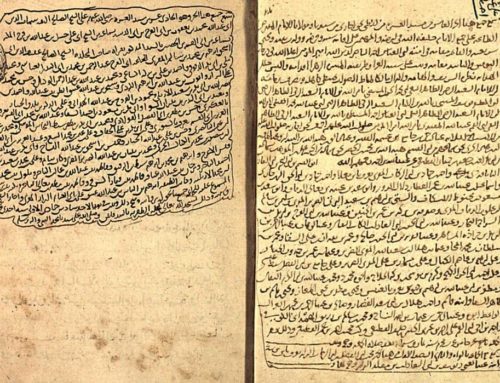
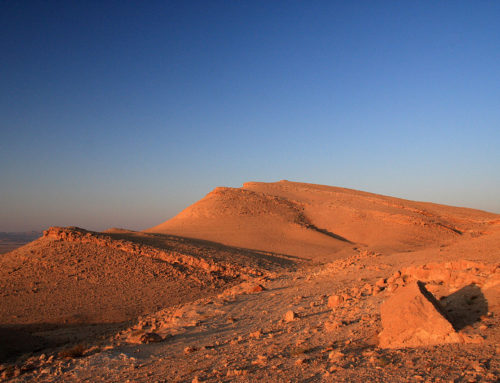
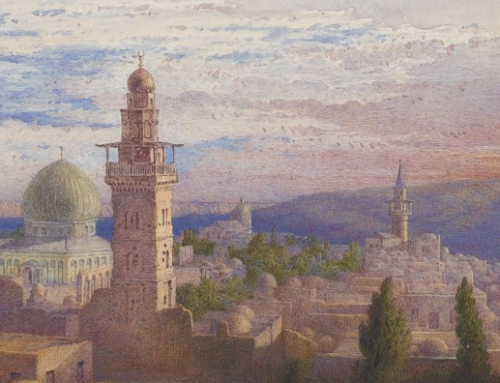
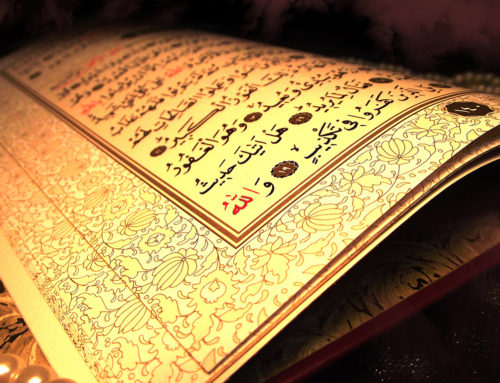
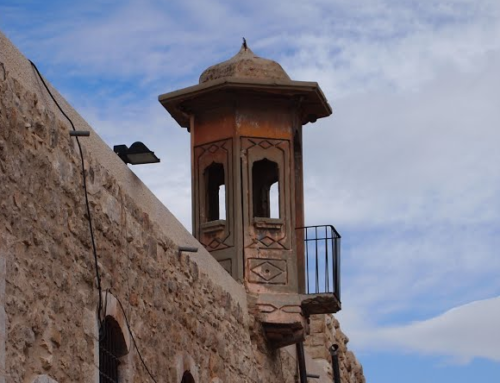
MashAllah, how beautiful.